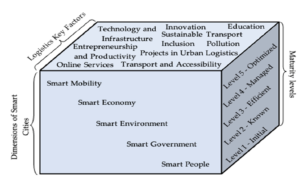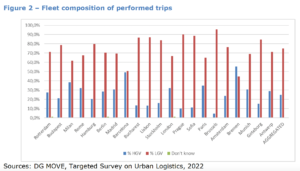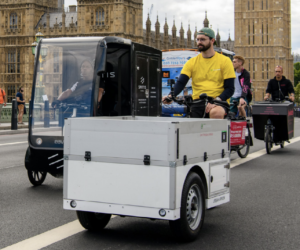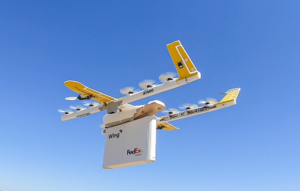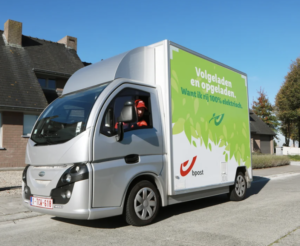A review of last-mile literature

Globalization, urbanization, and the recent COVID-19 pandemic have raised the demand for logistic activities. This change is affecting the entire supply chain, especially the last-mile step. This step is considered the most expensive and ineffective part of the supply chain and a source of negative economic, environmental, and social externalities. A publication by Portuguese researchers …


